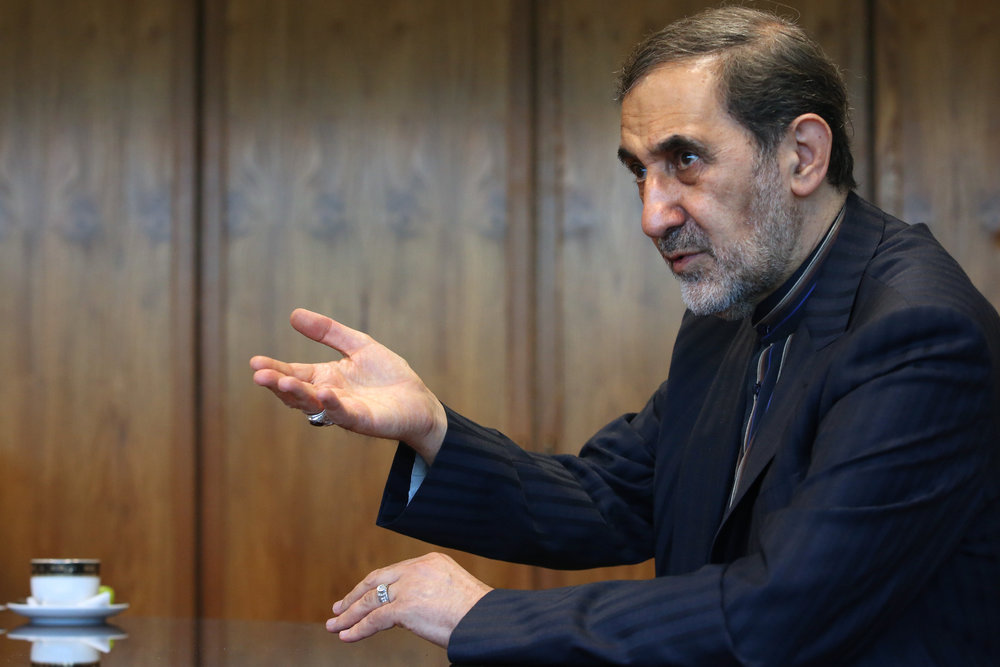Velayati: Daesh, al-Qaeda are ‘exports’ of Wahhabism

TEHRAN - Ali Akbar Velayati, a senior foreign policy adviser to the Supreme Leader, has said Daesh, al-Nusra, and al-Qaeda are “exports” of Wahhabi ideology which originates from Saudi Arabia.
In an interview with IRNA published on Friday, Velayati also rejected the view by certain Lebanese political figures and media outlets that there will be no solutions to the complicated regional issues so long as there is no dialogue between Iran and Saudi Arabia, saying Iran is against interference in other countries’ affairs.
He said Iran’s presence in some countries, like Syria and Iraq, is upon request by these countries’ legal governments.
However, the veteran politician said if Saudi Arabia is present in Syria it is not because of a request by the legitimate Syrian government, rather it is upon a request by Takfiri groups which Saudi Arabia “itself is the origin of them”.
In a commentary in August 2014 in the Huffington Post titled “You Can’t Understand ISIS If You Don’t Know the History of Wahhabism in Saudi Arabia”, Alastair Crooke, a former MI-6 agent, elaborates on the emergence of Wahhabi ideology in Saudi Arabia.
Velayati said, “Wahhabism is an extremist and incorrect interpretation of Islam and its exports are Daesh, al-Nusra, and al-Qaeda.”
He added, “Therefore the presence of Saudis in this country (Syria) is closely related to Takfiri terrorist groups.”
Elsewhere, he said that efforts being made in announcing ceasefire in Syria should be in line with maintaining the country’s territorial integrity and upholding the Syrians’ legitimate rights.
Velayati, a former foreign minister who currently chairs the Center for Strategic Studies of the Expediency Council, said there is no impediment to expansion of relations between Iran and Lebanon.
“Relations between Iran and Lebanon have been good and the Islamic Republic of Iran has no impediment to expand ties and relations with Lebanon,” he stated.
“Valuable close” relations between the two countries’ people and “very good” political relations can help expand economic, scientific and cultural relations, he said.
He expressed hope that the new moves in the area of economy and business would come to “favorable result”.
NA/PA
Leave a Comment